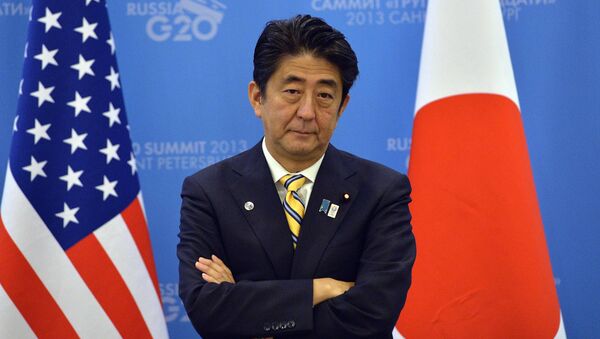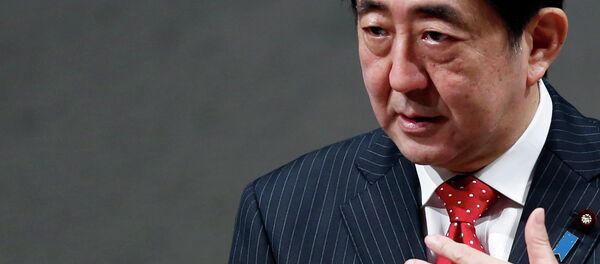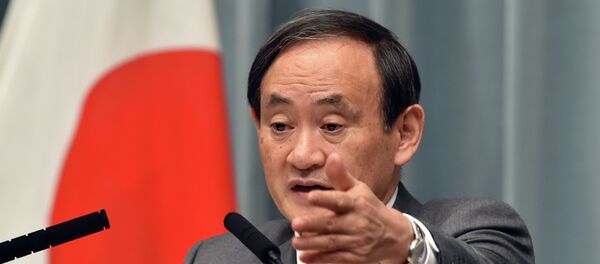“This scandal, which broke out at such a vital moment for Japanese-American relations, might undermine trust in the government,” he added.
The politician also added that public opinion is now gradually turning against the administration; at least it does not trust it the way it did before.
The opposition parties will try to take advantage of the public mood. If the opposition parties are able to unite and jointly address the nation, they will have the opportunity to change the country’s policy.
The only condition is that a strong opposition leader must emerge, but one has yet to arise.
Comparing the eavesdropping scandal to that in Germany, he said that the reaction of the mass media in Germany and Japan were quite different.
In Germany, he noted, the press vowed to protest against the spying, whereas in Japan, the mass media will hardly do anything of the kind. In the event that they do, it won’t damage the relationship between the US and Japan much, in the way that it did not damage ties between the US and Germany.
Besides, Hakamada said, if a politician of such a rank as Chancellor Merkel is using a mobile phone for any type of conversations, he/she should be expect to be spied on, even though it is inadmissible in terms of relations between the allies.
Japan became the latest target of US NSA spying to be uncovered by WikiLeaks. The revelation follows recently published documents, which revealed the agency's surveillance of the telephone conversations of high-ranking French, Saudi and German officials.
In Japan, the NSA's telephone interception target list supposedly included Japanese Cabinet members, the Central Bank, as well as the finance and economic ministries, Mitsubishi’s natural gas division and the Mitsui conglomerate’s petroleum division.




